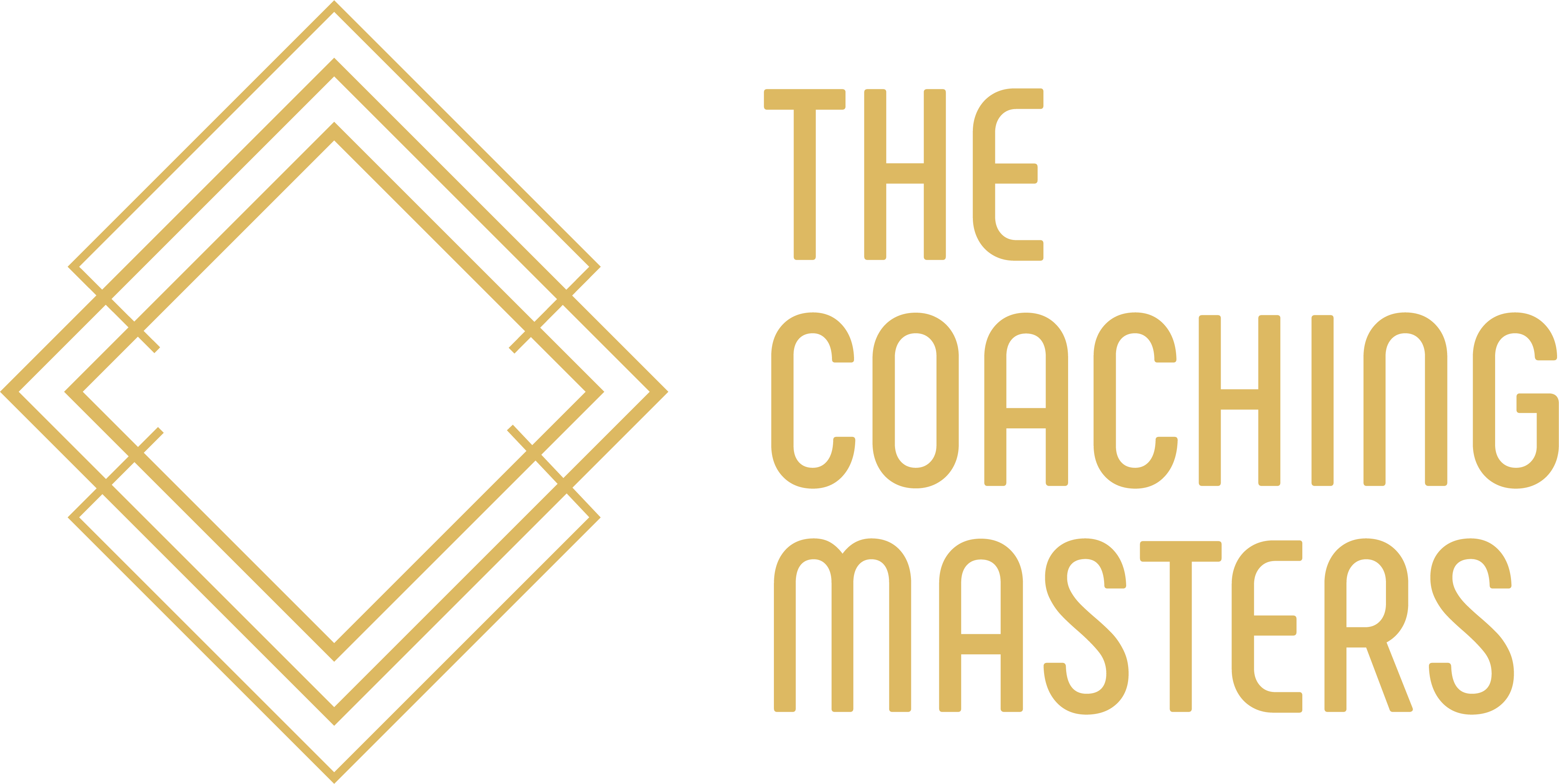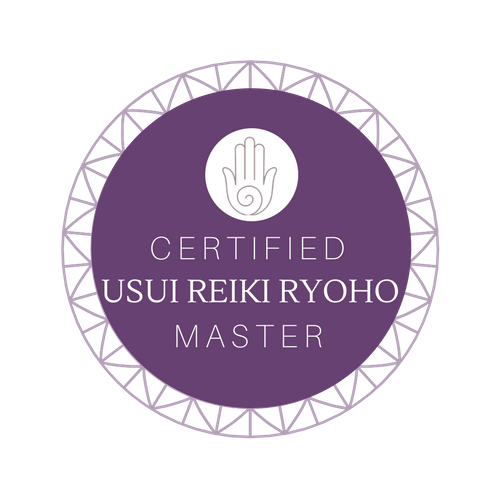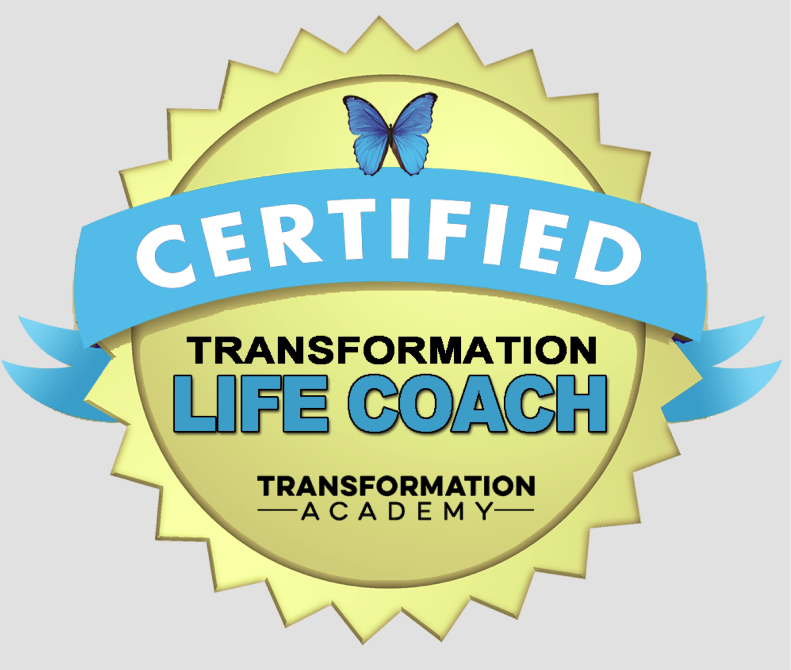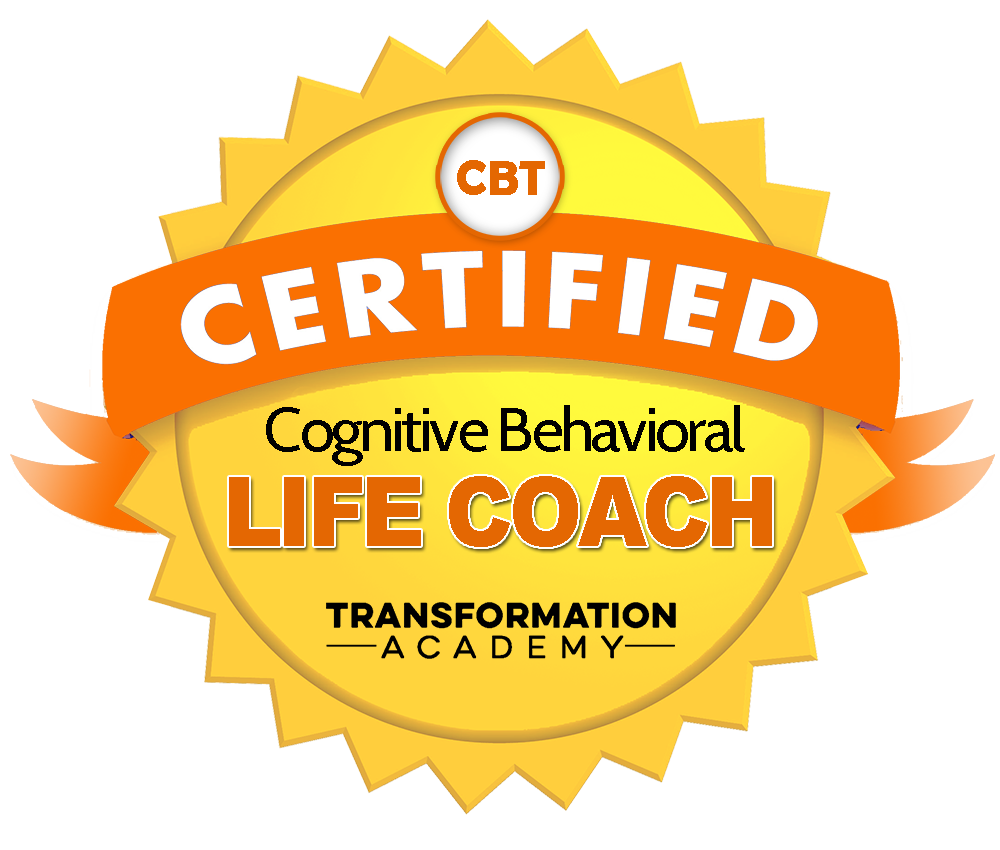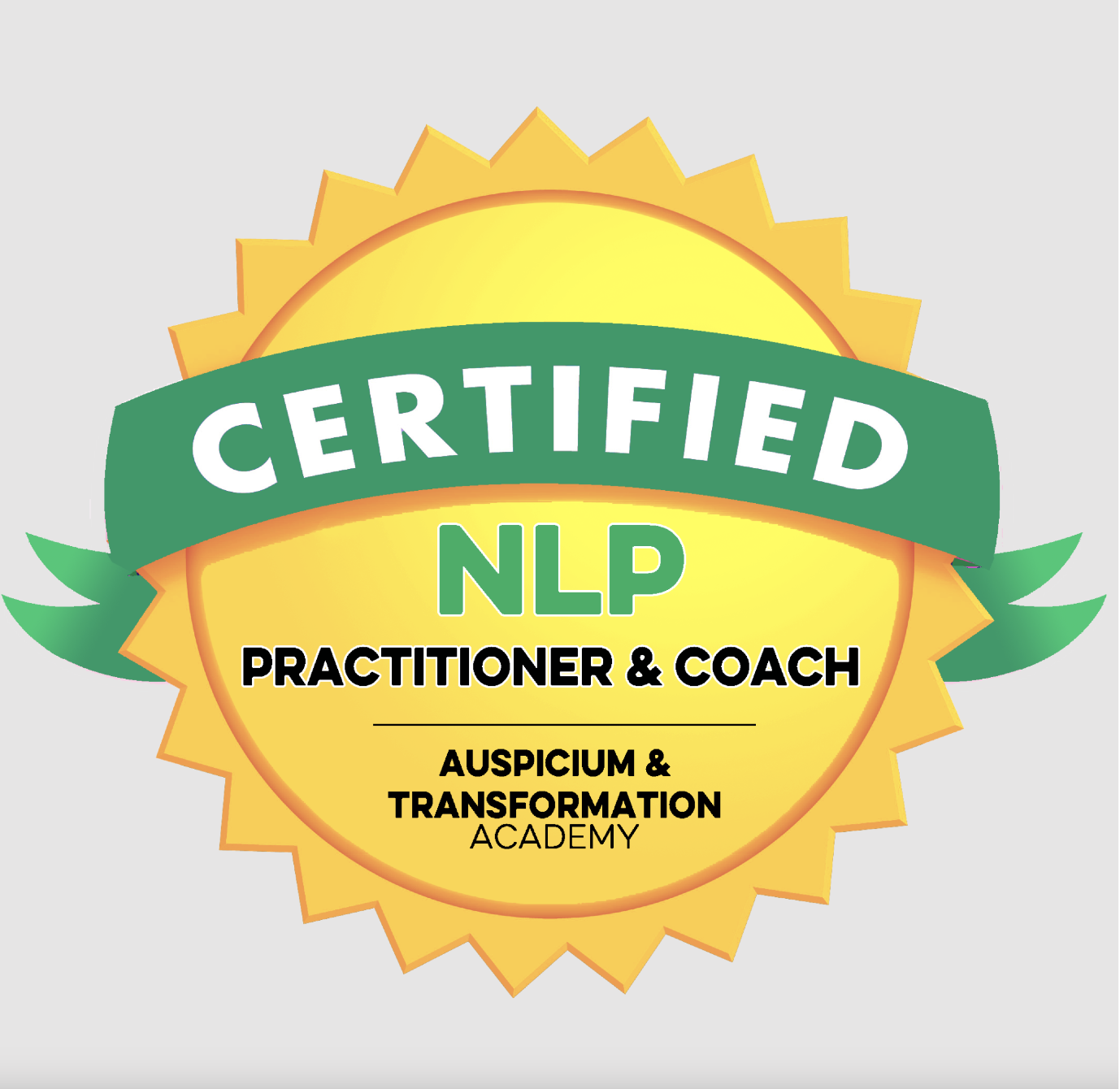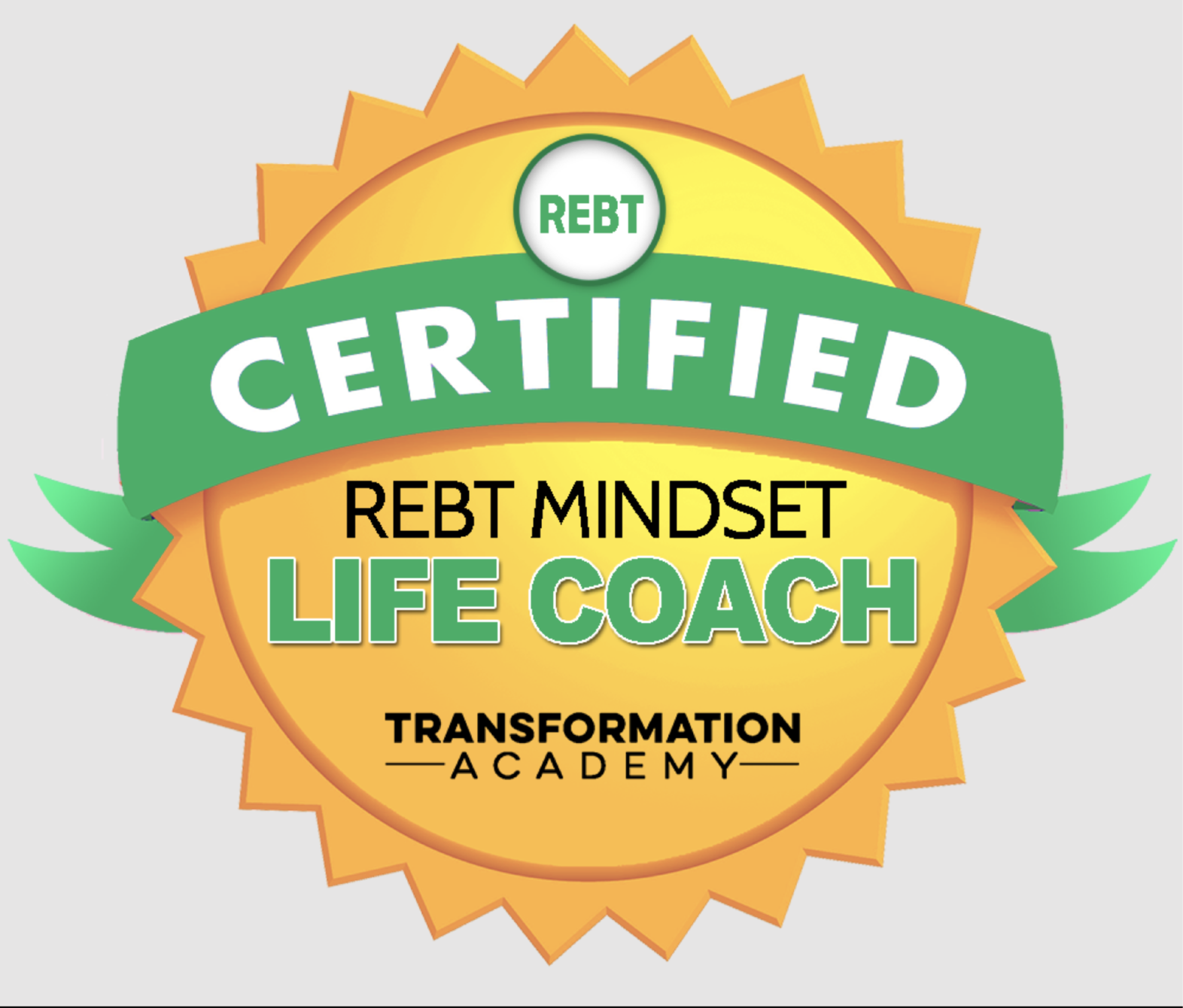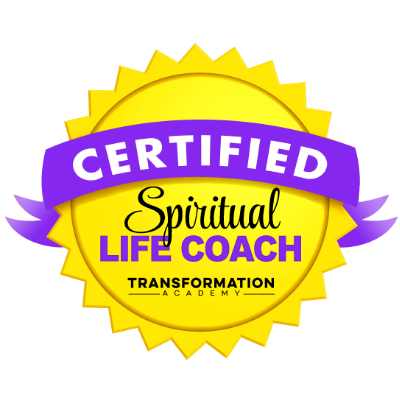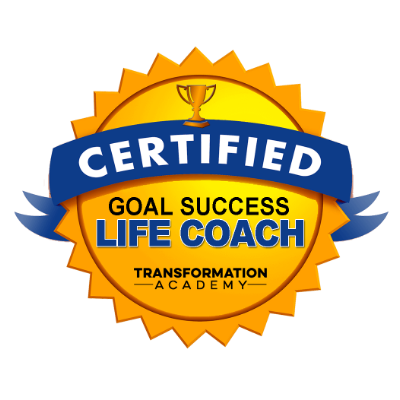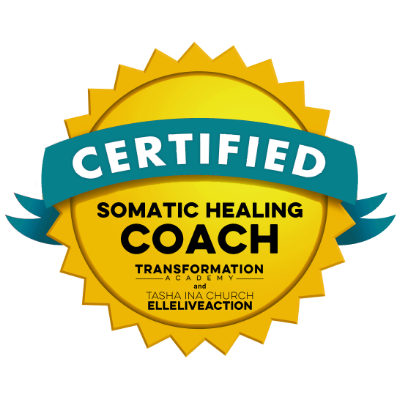Overcoming Limiting Beliefs
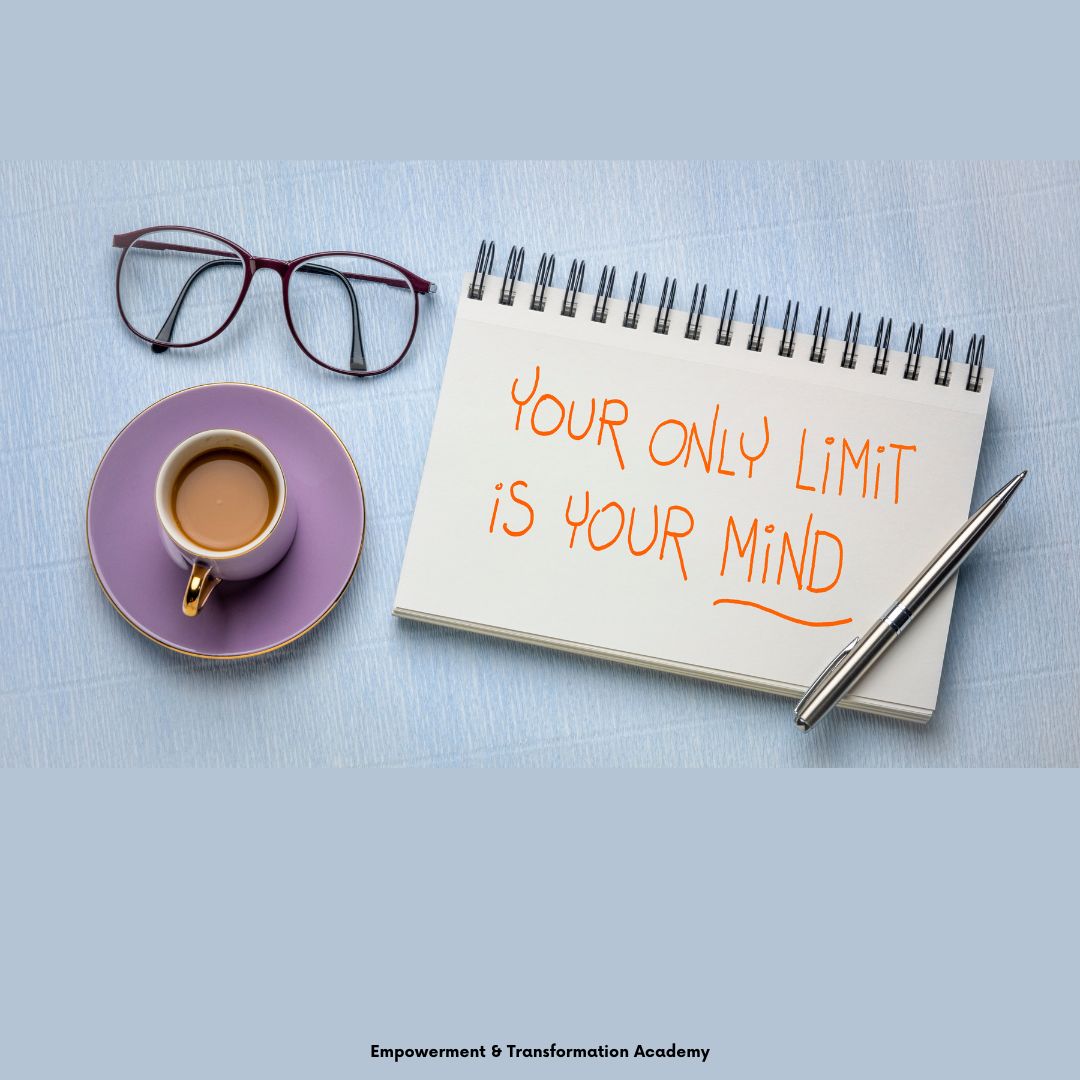
A Path to Personal Empowerment
Limiting beliefs are powerful mental barriers that constrain our potential and impede our progress. These are the negative thoughts and perceptions about ourselves that we accept as truths, often without question. They can stem from past experiences, societal conditioning, or self-doubt, and they significantly impact our ability to pursue our goals and dreams. Overcoming limiting beliefs is essential for personal growth and empowerment, and it requires a deliberate and sustained effort. This article explores the nature of limiting beliefs, their impact, and practical strategies for overcoming them.
Understanding Limiting Beliefs
Limiting beliefs are often subconscious, deeply rooted in our minds from an early age. They manifest as self-sabotaging thoughts like, "I'm not good enough," "I don't deserve success," or "I can't do this." These beliefs shape our behaviours and decisions, leading us to avoid risks, opportunities, and challenges that could propel us forward.
For example, if someone believes they are not intelligent enough to succeed in a particular career, they might not apply for jobs in that field or pursue further education, even if they have the potential to excel. Limiting beliefs act as invisible chains, holding us back from exploring our true capabilities.
The Impact of Limiting Beliefs
The impact of limiting beliefs can be profound. They affect various aspects of our lives, including our careers, relationships, health, and overall well-being. When we operate under the influence of limiting beliefs, we tend to:
1. **Settle for Less**: We lower our expectations and settle for less than we deserve or are capable of achieving. This often leads to a lack of fulfilment and regret.
2. **Avoid Challenges**: Fear of failure or rejection, driven by limiting beliefs, can prevent us from taking on new challenges or pursuing opportunities that could lead to growth and success.
3. **Experience Lower Self-Esteem**: Constant negative self-talk reinforces feelings of inadequacy and lowers self-esteem, creating a vicious cycle of self-doubt.
4. **Limit Our Potential**: By not pushing our boundaries, we miss out on experiences that could help us discover and develop our true potential.
Strategies for Overcoming Limiting Beliefs
Overcoming limiting beliefs is a transformative process that involves self-awareness, challenge, and change. Here are some effective strategies to help you break free from these mental constraints:
1. **Identify Your Limiting Beliefs**: The first step is to recognise and acknowledge the limiting beliefs that hold you back. Reflect on your thoughts and behaviours to uncover these beliefs. Journaling can be a helpful tool for this process. Write down any negative thoughts or doubts that arise and examine their origins.
2. **Challenge Your Beliefs**: Once you have identified your limiting beliefs, question their validity. Ask yourself, "Is this belief really true?" Look for evidence that contradicts these beliefs. For example, if you believe you're not smart enough, recall instances where you successfully learned and applied new skills or knowledge.
3. **Replace Negative Beliefs with Positive Ones**: Transform your mindset by replacing limiting beliefs with empowering ones. Use affirmations to reinforce positive thoughts about yourself. Instead of saying, "I can't do this," say, "I am capable and determined." Repeating affirmations daily can help rewire your brain and build confidence.
4. **Visualise Success**: Visualisation is a powerful technique to overcome limiting beliefs. Spend a few minutes each day imagining yourself achieving your goals and experiencing success. Visualisation helps to create a positive mental image and boosts motivation.
5. **Take Small Steps**: Overcoming limiting beliefs requires action. Start by taking small, manageable steps towards your goals. Each small success will build your confidence and weaken the grip of limiting beliefs. Celebrate your achievements, no matter how small, to reinforce positive self-beliefs.
6. **Seek Support**: Surround yourself with supportive and encouraging people who believe in your potential. Share your goals and challenges with them. Having a strong support network can provide motivation, accountability, and valuable feedback.
7. **Practice Self-Compassion**: Be kind and patient with yourself as you work to overcome limiting beliefs. Understand that change takes time, and it's normal to encounter setbacks. Treat yourself with the same compassion and understanding you would offer to a friend facing similar challenges.
8. **Continuous Learning and Growth**: Commit to ongoing personal development. Read books, attend workshops, and seek out experiences that expand your knowledge and skills. The more you grow and learn, the more you'll realise your potential and capabilities.
Real-Life Example
Consider the story of Sara Blakely, the founder of Spanx. Blakely's journey to success was fraught with limiting beliefs and doubts. She failed the LSAT twice and struggled with a series of unsuccessful business ventures. However, she refused to let these setbacks define her. Blakely challenged her limiting beliefs, embraced her failures as learning experiences, and persisted with her innovative idea for Spanx. Today, she is a self-made billionaire and a testament to the power of overcoming limiting beliefs.
Conclusion
Overcoming limiting beliefs is a journey of self-discovery and empowerment. By identifying, challenging, and replacing these beliefs, you can break free from mental constraints and unlock your full potential. Remember that this process takes time and effort, but the rewards are worth it. Embrace your journey with self-compassion and determination, and you'll find yourself capable of achieving more than you ever thought possible. Empower yourself to believe in your potential and take the steps necessary to create the life you desire.
Click the link below to book your free clarity call or free virtual coffee chat.
Grab a copy of our newletter by completing the form below, this will then be sent to your inbox every month.
My Affirmation For The Week
"Creativity is contagious. Pass it on."
